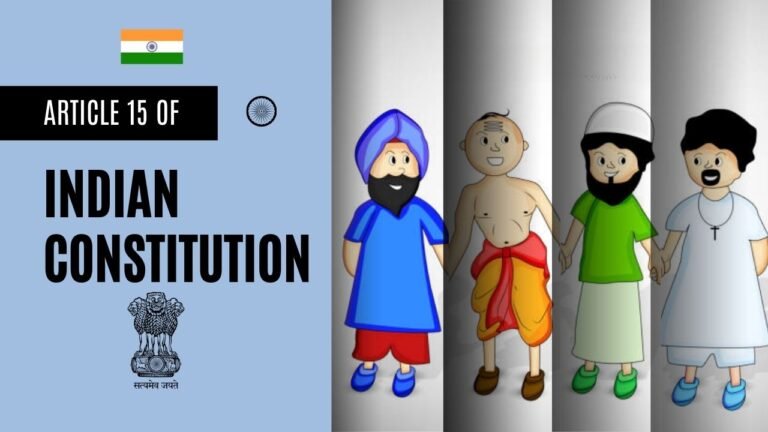Article 21 of Constitution of India – Protection of life and personal liberty
Article 21 of Constitution of India deals with Protection of life and personal liberty Original Text of Article 21 of Constitution of India: Article 21 of Indian Constitution: No person shall be deprived of his life or personal liberty except according to procedure established by law. Explanation of Article 21 of Constitution of India: Article…


